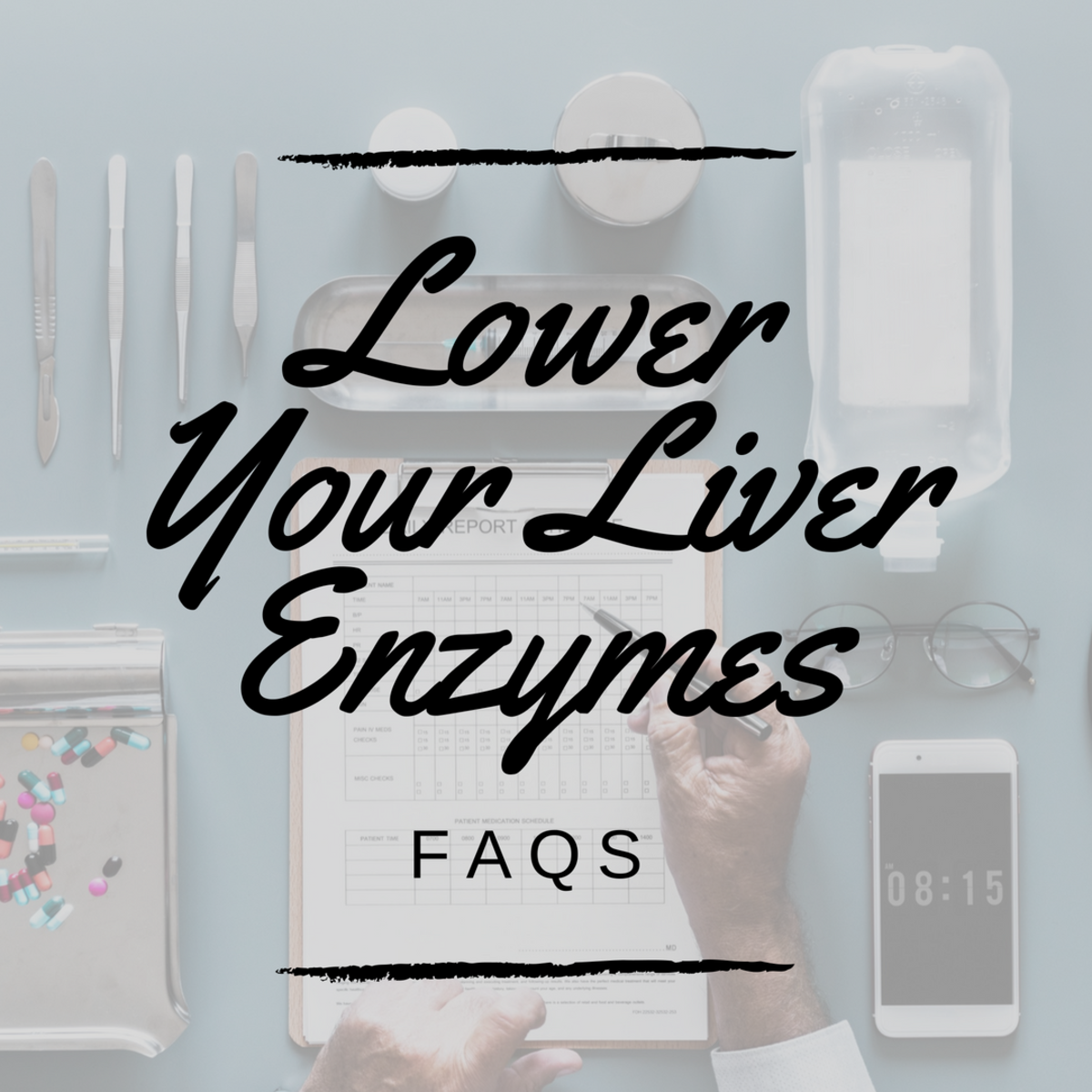Can Vaping Kill You?

History of Vaping
Vaping, also referred to as smoking e-cigs or e-cigarettes, is a relatively new phenomenon. While the e-cigarette goes back to 1927 with it's original invention by Joseph Robinson, modern version didn't really grow in popularity until the mid-2000s. With a concept seen as early on as ancient Egypt, vaping uses a heat source, typically a battery operated heating component, to vaporize a liquid containing nicotine and often other flavoring agents. Vaporizing allows the user to inhale the substance into the lungs and then into the bloodstream similar to smoking a cigarette. While proponents of vaping point to its benefits to those trying to quit smoking, those against the practice point to a lack of regulation and the growing research around the potential dangers of e-cigarettes, especially among children and teenagers.
Why Do Some Consider Vaping Beneficial?
Vaping is often sold as a safer alternative to smoking traditional cigarettes. When viewed from this lens, e-cigarettes can undeniably be beneficial, though not fully safe for those looking for a way to continue feeding the need for nicotine. These benefits largely come from cutting out the hundreds of cancer-causing substances that are inhaled during smoking. These benefits have the potential of dramatically reducing cancer rates over time, especially lung cancer, and have the potential of improving the lives of both smokers, as well as those that may be regularly exposed to second-hand smoke nearby. However, it's important to understand that while vaping is "safer" than smoking traditional cigarettes, it does not come without potential dangers and consequences.

But is it Deadly?
While the heavily increasing level of active users of e-cigarettes today is still new to scientific research, there's not a lot of recorded cases where vaping has led to death. The only direct deaths caused by e-cigarettes have been related to defective pieces of equipment. This includes the death of a man whose e-cigarette exploded, sending shrapnel into his head while also catching his house on fire. In fact, between 2009 and 2016, there were 195 reported incidents of exploding e-cigarettes resulting in injury, including 38 severe injuries.
Much of the danger of death from vaping comes from a lack of regulation. While headway has been made to regulate the production of e-cigarettes, there's still not enough regulation in how they are made to ensure safe operation and that "safe" levels of nicotine are released. It's important to understand that nicotine is a highly addictive poison, so there are no real "safe" levels" of use. In fact, some scientists believe nicotine may be more poisonous than both cyanide and arsenic, though updated studies are needed to find out the exact lethal dosage.However, It is known that even a small amount of nicotine can be deadly for a child, especially if a small child gets hold of a unsupervised e-cigarette or vape fluid.
Nicotine is not only addictive but it can corrode the soft tissues of the body and has a dramatic and fast negative impact on your nervous system. With a lack of regulation in how much nicotine is released and available to be inhaled, the potential dangers of nicotine poisoning are high for users. Manufacturers may also use other carrier chemicals or flavoring agents that get inhaled along with the nicotine, which also lack in regulation and safety standards.
But just because there hasn't been many recorded deaths yet, does not mean vaping is by any means safe. Analysis of some vaping fluids has found known carcinogens and other dangerous chemicals in e-cigarette vapors, including cadmium, chromium and nickel. Furthermore, recent research published by the New York University School of Medicine in the Proceedings of the National Academy of Sciences has shown the potential for e-cigarettes to cause DNA damage to the hearts and lungs of mice exposed to vaping, contributing to the potential development of certain cancers. With this level of use being relatively new, more data and research is necessary to see the potentially negative impact over time of vaping in human populations, but preliminary research is troubling.
Vaping's Risk to Children
Where vaping may become the most deadly is in children. With the introduction of flavors like grape and cinnamon toast crunch, vaping has become incredibly attractive to children. With nicotine's quick impacts to the nervous system, organizations like the U.S. Department of Health, and Human Services suggest that vaping at a young age impacts the brain's development, especially the reward center of the brain. This sets teen users up to not only be more likely to move over to cancer-causing traditional cigarettes in the future to feed their nicotine addiction, but may also negatively impact attention and learning, as well as increase the risks for developing mood disorders. Even middle school students are using e-cigarette at twice the rate of just a few years ago, according to the National Capital Poison Control Center, showing a troubling trend.
Conclusion
In conclusion, too little is known about the exact dangers of vaping and e-cigarettes. As such, if they're used to help you quit traditional cigarettes, the benefits may outweigh the risks. However, troubling statistics of growing use among non-smokers, especially children, show the greater need of both increased research into vaping's health impacts, as well as there's a need for greater regulation to protect current and future generations from the dangers of nicotine.









